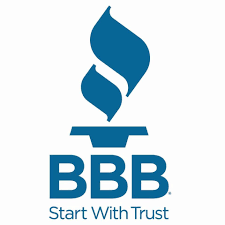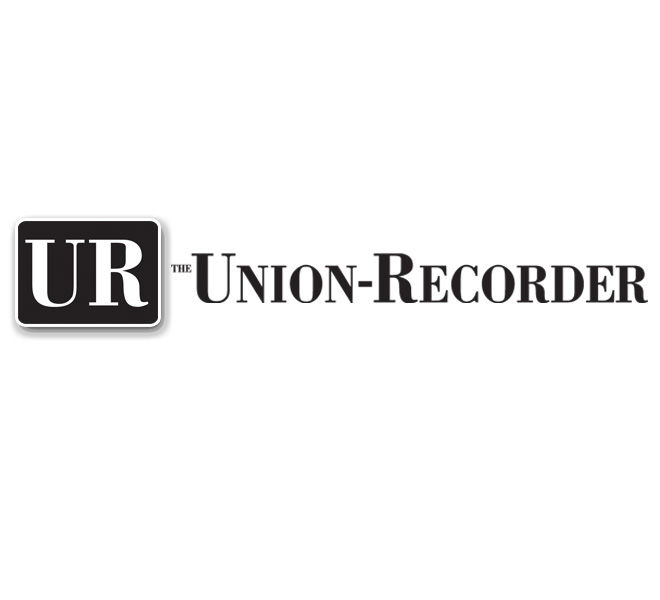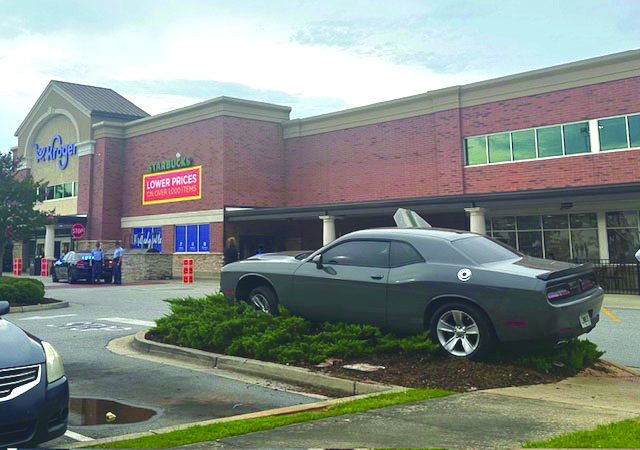BBB offers tips for online information safety
Published 8:00 am Monday, September 25, 2023

- BBB
Recently we shared information about data breaches, including ways to detect red flags that your data has been compromised, along with steps you can take if your data was part of an information breach. There are several additional ways you can be proactive year-round to keep your online information as secure as possible.
Trending
Quite a bit of personal information can be shared through cell phones, tablets, laptops, and any other device that connects through Wi-Fi or an internet provider. These access points make it easier to shop, bank, make travel arrangements, and keep in touch with friends or family, but also potentially open up access to others. That’s why it’s so important to safeguard your information.
Your Better Business Bureau and the National Cyber Security Alliance offer the following tips to help secure the privacy of critical information:
Share with care. Posts on social media last a long time. Consider who will see the post, how readers might perceive it, and what information it might reveal about the individual posting it. Avoid participating in surveys that collect information about you and your experiences.
Manage privacy settings. Check the privacy and security settings on web services and apps and set them to your comfort level for information sharing. Each device, application, or browser used will have different features to limit how and with whom you share information.
Select security questions only you know the answer to. Many security questions ask for answers to information available in public records or online, like your zip code, mother’s maiden name, and birthplace. That is information a motivated attacker can easily obtain. Also, don’t use questions with a limited number of responses that attackers can easily guess – like the color of your first car.
Personal info is like money: Value it. Protect it. Personal information, such as purchase history, IP address, or location, has tremendous value to businesses – just like money. Make informed decisions about whether or not to share data with certain businesses by considering the amount of personal information they are asking for and weighing it against the benefits you may receive in return.
Trending
Make your passwords long and strong. A strong password has at least 12 to 14 characters mixed with uppercase and lowercase letters, numbers, and symbols.
Avoid easy passwords, like the word “password” or the numbers 123456. You’ll also want to avoid using things like your pet’s name, your mother’s maiden name, the town you grew up in, your birthday, your anniversary, etc. Surprisingly, the answers to these common passwords can typically be found online. Never use the same password for multiple accounts, especially for the most sensitive ones, such as bank accounts, credit cards, legal or tax records, or medically related files.
Consider being creative by using your favorite song lyrics or a passphrase that has been intertwined with random words, numbers, and symbols. Think of something that you will be able to remember, but others need help to come close to guessing, such as PurpleMilk#367JeepDog$.
Keep a list of your passwords locked in a safe place, not on or near your computer. Consider using a password vault application but check their trustworthiness first.
Keep tabs on apps. Many apps ask for access to personal information, such as geographic location, contacts list, and photo album, before using their services. Be thoughtful about who gets that information and be wary of apps that require access to information that is not required or relevant to the services they offer. Delete unused apps on your internet-connect devices and keep others secure by performing updates.
Lock down your login. For your online accounts, use the strongest authentication tools available. Your usernames and passwords are not enough; consider two-factor authentication for key accounts like email, banking, and social media, especially for access on mobile devices.
Don’t click on unfamiliar links. Whether at home or at work, don’t click on links from unfamiliar sources or unexpected correspondence. One false click can infect a whole computer…or a whole business.
Pay attention to internet-connected devices. Smart thermostats, voice control systems, cars, and even refrigerators are just the beginning of the growing list of devices that watch our homes and track our locations. Read the privacy policy and understand what data is being collected and how it will be used. Read BBB’s tips on smart devices and cyber security risks.
Shred outdated documents and destroy unneeded hard drives that contain personal information. This is also a wonderful opportunity for residents to have electronics recycled and outdated or unneeded prescription drugs dropped off for safe disposal.
—Kelvin Collins is president & CEO of the Better Business Bureau serving the Fall Line Corridor, serving 77 counties in East Alabama, West Georgia, Southwest Georgia, Central Georgia, East Georgia and Western South Carolina. This tips column is provided through the local BBB and the International Association of Better Business Bureaus. The Better Business Bureau sets standards for ethical business behavior, monitors compliance and helps consumers identify trustworthy businesses. Questions or complaints should be referred to the BBB at 1-800-763-4222, BBB.org or info@
centralgeorgia.bbb.org





